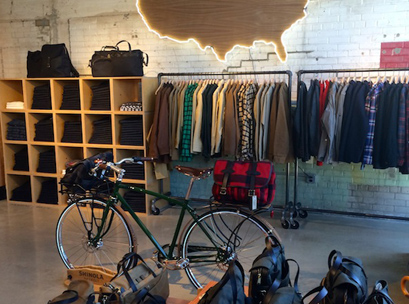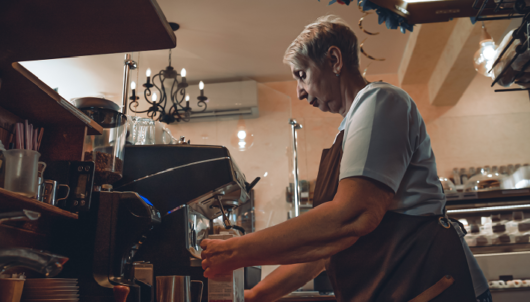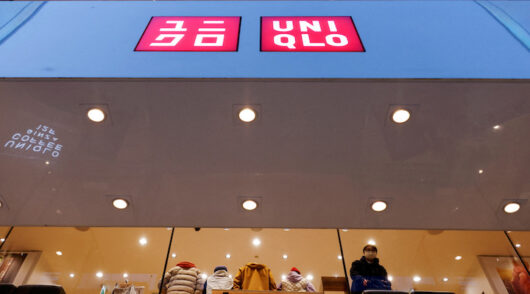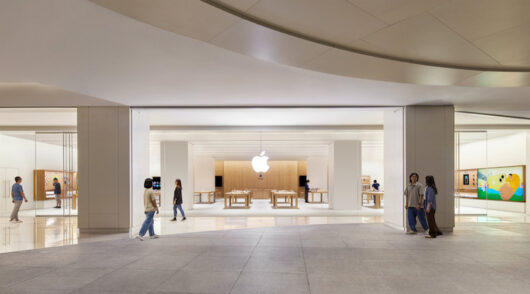Detroit is at once the American Dream and the American Nightmare.
Built on automotive manufacturing and turbo charged by the construction of freeways in the 50s and 60s, the Motor City hit potholes in the 2000s with the Great Recession, a corrupt local government, and a population decline of 25 per cent in the first decade of the 21st century.
‘The D’ declared bankruptcy in 2013, and as proof of the city’s troubles, what Anthony Bourdain on CNN referred to as “ruin porn” abounds – gloriously abandoned period homes and boarded up skyscrapers festooned with graffiti, left to rot and be pilfered.
But amid the overgrown vacant lots close to downtown can be seen the green shoots of revival and a growing civic pride.
A developer is snapping up buildings to restore, roads have been torn up to build a new light rail line, and retail is at the heart of the resurgence.
In the Wayne State University area, an improbably located shiny new Whole Foods Market captures the zeitgeist. According to Whole Foods, this is “a store the community helped to design and build”.
On entry, a mural created by a local artist reminds the shopper to “say nice things about Detroit”. A timeline above a line of freezers chronicles the history of Detroit under the headline: “Detroit – proud to be here”. Reclaimed vintage signage decorates the hot food area, and original Motown records mark the checkouts.
This store is fiercely, defiantly local in both design and content. Products proclaim their proximity to Whole Foods – a sign for Atwater Breweries states that it is brewed just “3.1 miles from the beer cooler”.
The store pumps like a gas station. Inside you can’t move for the crowds; outside drivers wait patiently for a car park and pounce on those leaving. Detroiters are lining up to hand over their hard earned cash for premium and organic foods.
Close by are two other symbols of the D digging in and coming back.
Shinola was once a brand of shoe polish. Now run by Bedrock Manufacturing (connected to Fossil), it has been spun into a store that seeks to capitalise on the Made In America trend.
Solid looking Shinola retro bikes assembled locally start around US$2000. Chunky classic watches begin around US$750.
You can buy a leather baseball mitt, or a collar and lead for your pampered pooch. And yes, you can also purchase a Shinola shoe cleaning kit – for US$195.
Two doors up, sister brand, Willys Detroit, has opened on the former service bay of the Willys Overland Motor Company, which invented the first jeep in 1941. Willys, like Shinola, is all about American craftsmanship, and stocks US made brands like Filson and Steven Alan.
Who’s buying this stuff? Well, apart from cashed up college kids, my guess is that both are minting money by exporting the Detroit factory aesthetic – both online, and in stores popping up in other places.
It’s a gritty, urban image repackaged and polished up for today’s consumption.
These stores, and many more, are part of the regeneration of the Motor City. While retail can’t rescue a dying city on its own, there is no doubt that it is contributing both vitality and vibrancy.
Detroit has a long way to go on the road to revival, but the journey is as fascinating as the destination.
Jon Bird is MD, global of Labstore, Y&R’s worldwide retail and shopper marketing network. Email: jon.bird@yrlabstore.com. Twitter: @thetweetailer. Blog: www.newretailblog.com.






